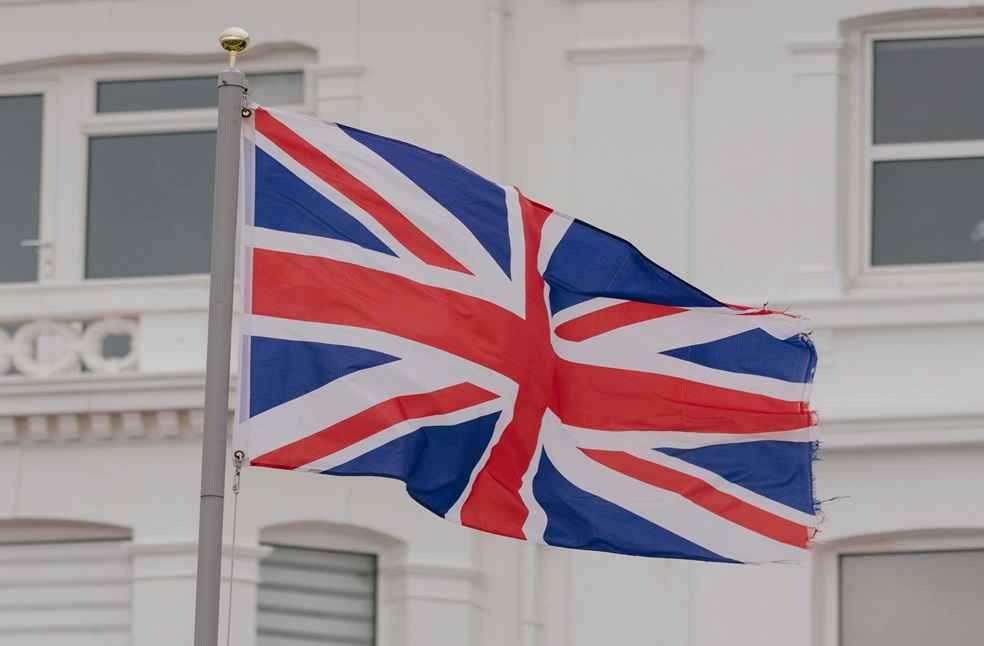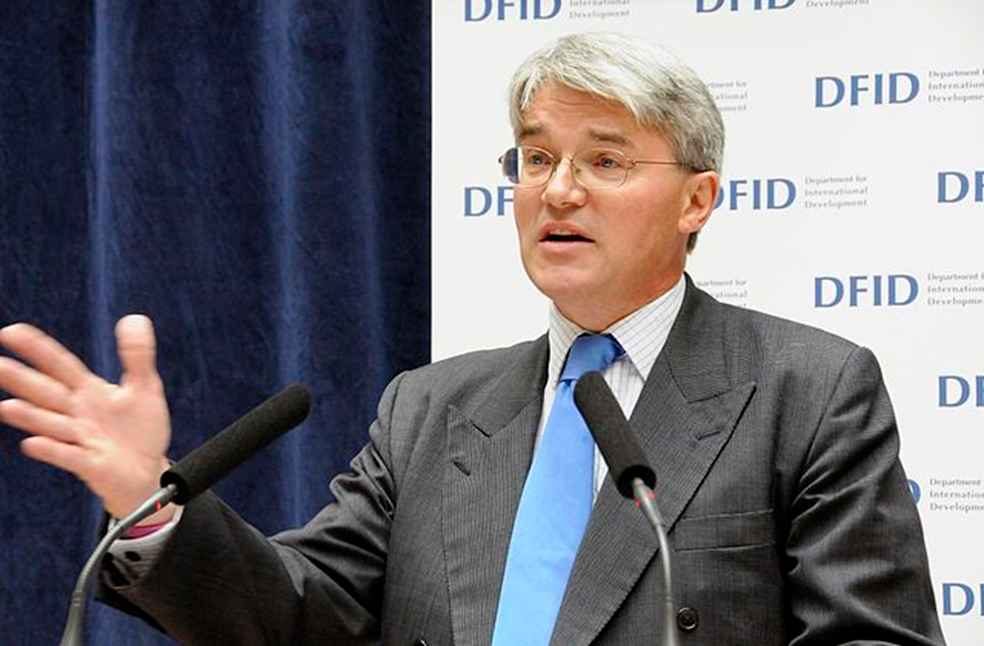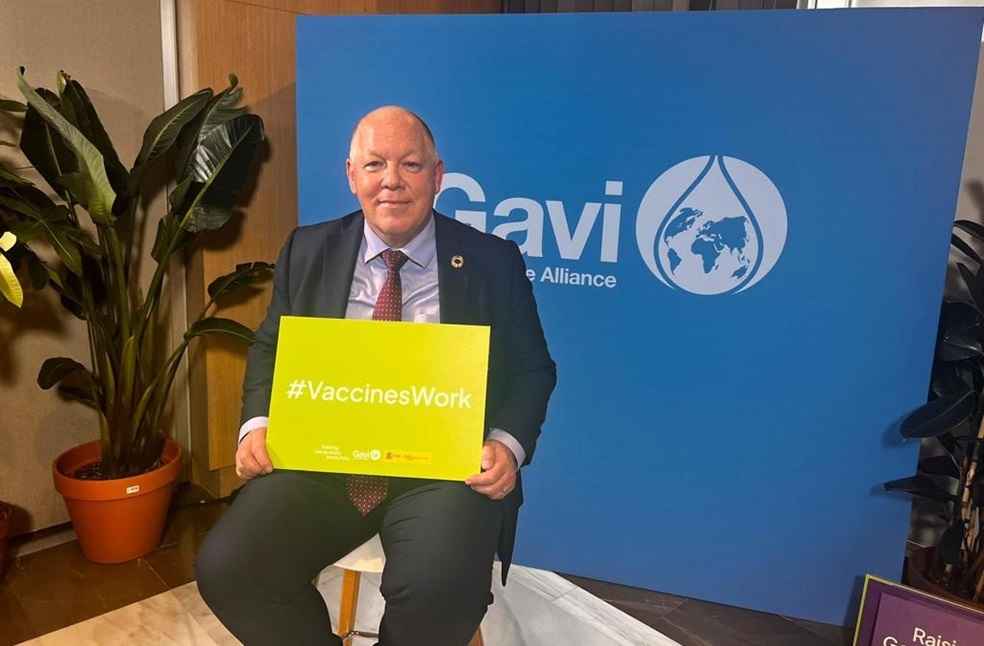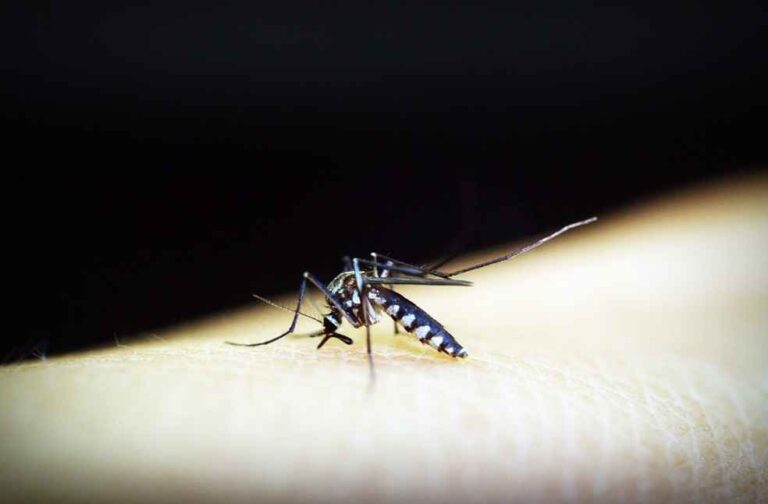United Kingdom: The UK Government has announced that it will enhance access to malaria drugs to tackle one of the leading causes of death among children in sub-Saharan Africa.
It is estimated that more than 600,000 people die every year from malaria, despite it being preventable and remediable. To assist address this issue, the UK Government allotted £7.4 million to sustain MedAccess in its measures to mediate lower expenses for crucial malaria drugs and diagnostic tests for those impacted by the infection in different countries.
This funding increased the total UK backing for MedAccess to £17.4 million, which will facilitate one million people to access new diagnostic tests and 120 million patients to acquire anti-malarial remedies. MedAccess offers assurance to inventors of medicines in unpredictable markets where demand is arguable. This guarantee allows manufacturers to deliver reasonable expenses and a steady stockpile of drugs.

In exchange, manufacturers get confirmation that they will be paid even if the need does not arise. Over the next three years, MedAccess foresees that more than 50 million people will enclose permits for drugs and other objects. The statement was made on World Malaria Day, which seeks to keep control of the disease high on the political agenda, mobilise further aid, and authorise societies.
Andrew Mitchell, UK Deputy Foreign Secretary and Minister for Development and Africa, stated that, “Thanks to British science, we now have life-saving malaria vaccines which will protect millions of people. But we also need to make sure we are making drugs available at the best possible price to the countries that most need them. Deaths from malaria are entirely preventable and the UK’s support for MedAccess will ensure that countries can afford to offer people the best protection against the disease.”

Scientists from the UK and India united to form two critical malaria vaccines – RTS,S and R21. These vaccines are utilised in Ghana, Kenya, and Malawi, with two million children vaccinated since 2019. Cameroon became the first country to provide vaccines to children routinely. Sierra Leone, Liberia, and Benin are set to initiate their first roll-out of the vaccine. In total, 22 countries will roll out the vaccine, vaccinating more than six million children by the end of 2025. The UK budget also helps decrease the expenses of health products for HIV, TB, and malaria.

Michael Anderson, Chief Executive Officer for MedAccess, remarked that, “We are deeply grateful for FCDO’s continued support, which enables MedAccess to improve access to products for HIV, TB, and malaria in support of Global Fund programmes. MedAccess will continue to use innovative financial tools to reduce the cost of diagnosis, prevention and treatment, improving value for money while improving patient access. We are glad to announce this renewed funding on World Malaria Day, an important moment for global stakeholders to come together with a common ambition to accelerate malaria prevention and control.”



